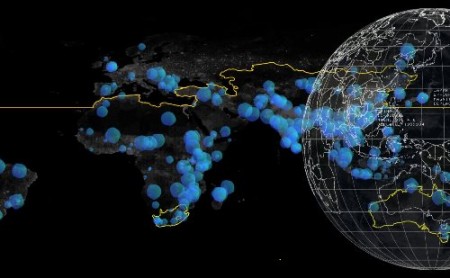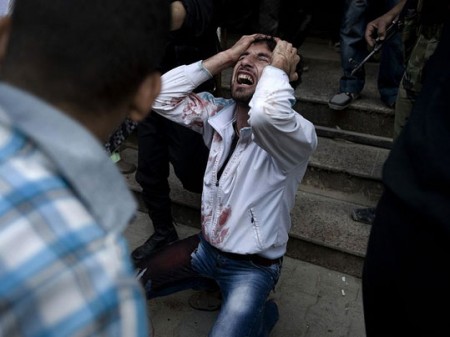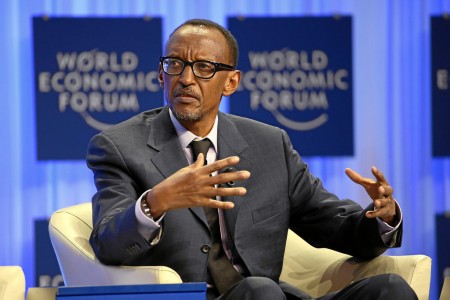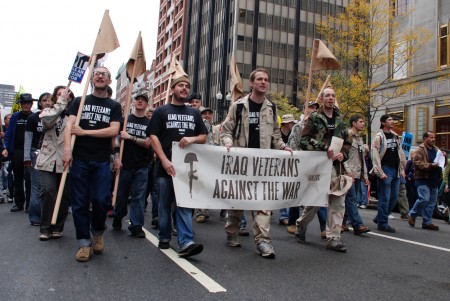
The promise of new shipping routes and access to natural resources continues to attract external players to the Arctic. While states such as Singapore have successfully acquired permanent observer status in the Arctic Council (AC), the European Union (EU) has historically been far less successful in contributing to or securing a voice in Arctic governance. This problem is eroding away, however. All Brussels has to do is play to its strengths and continue focusing on ‘small target’ goals that can be achieved through existing political structures.




